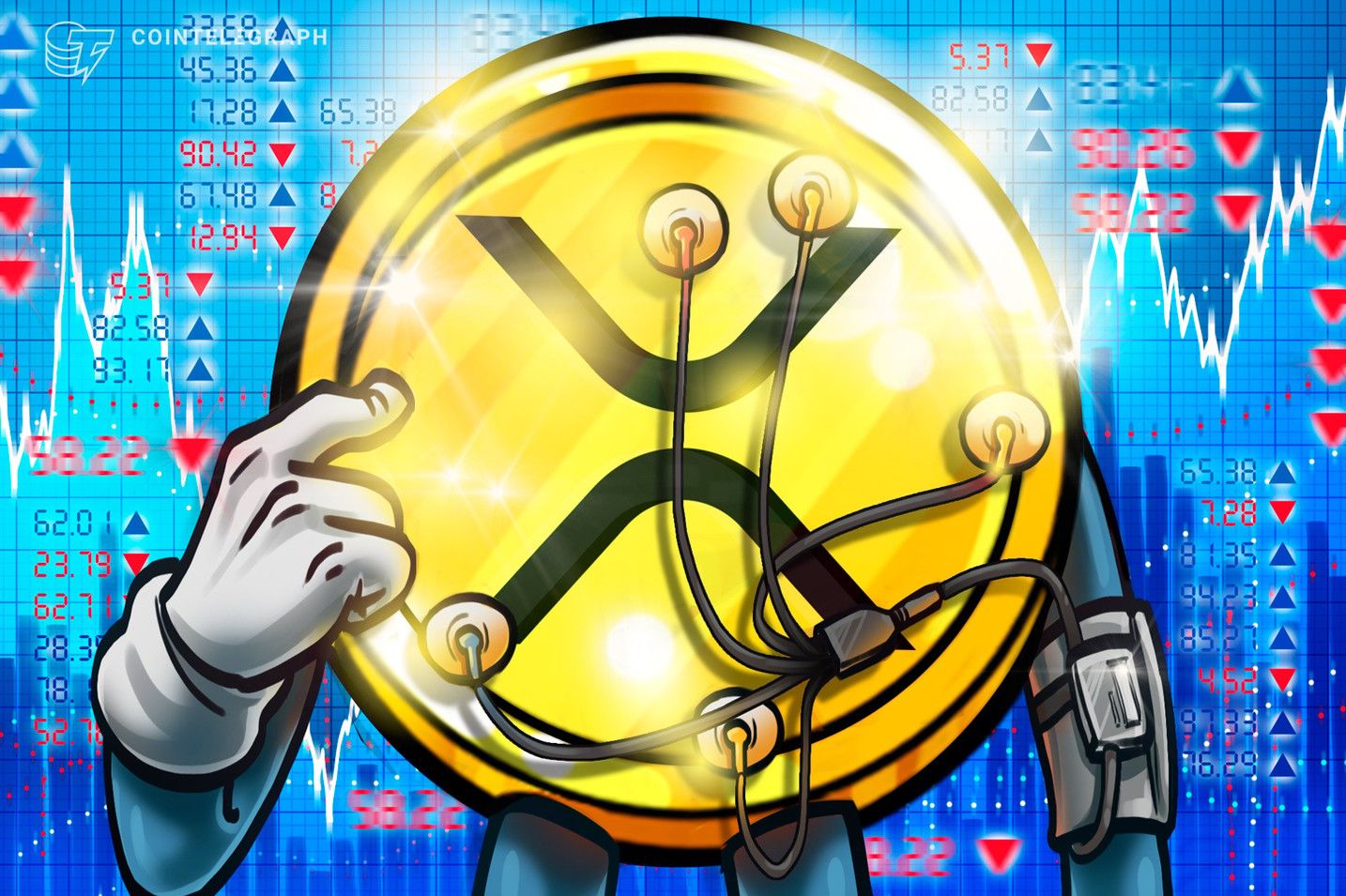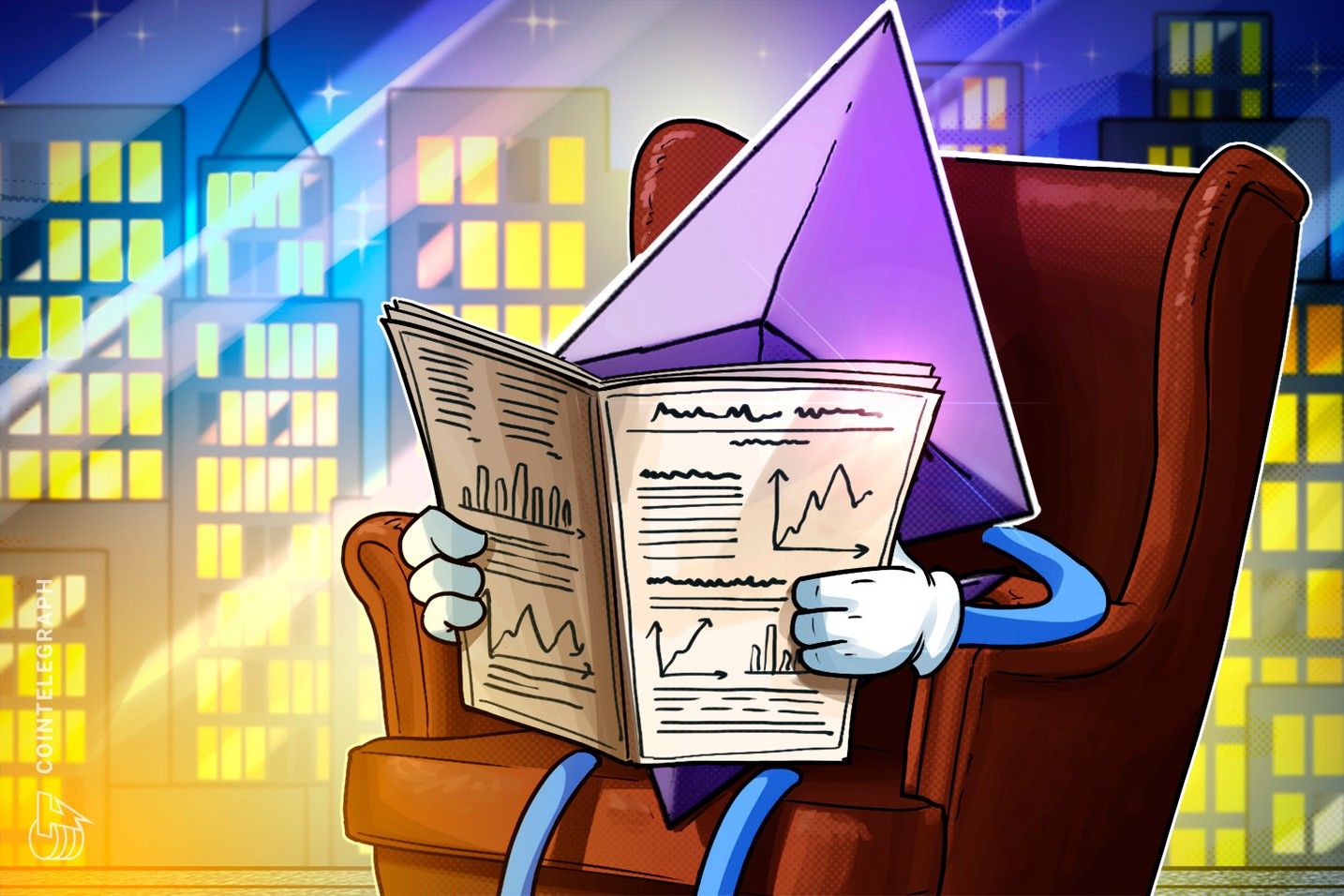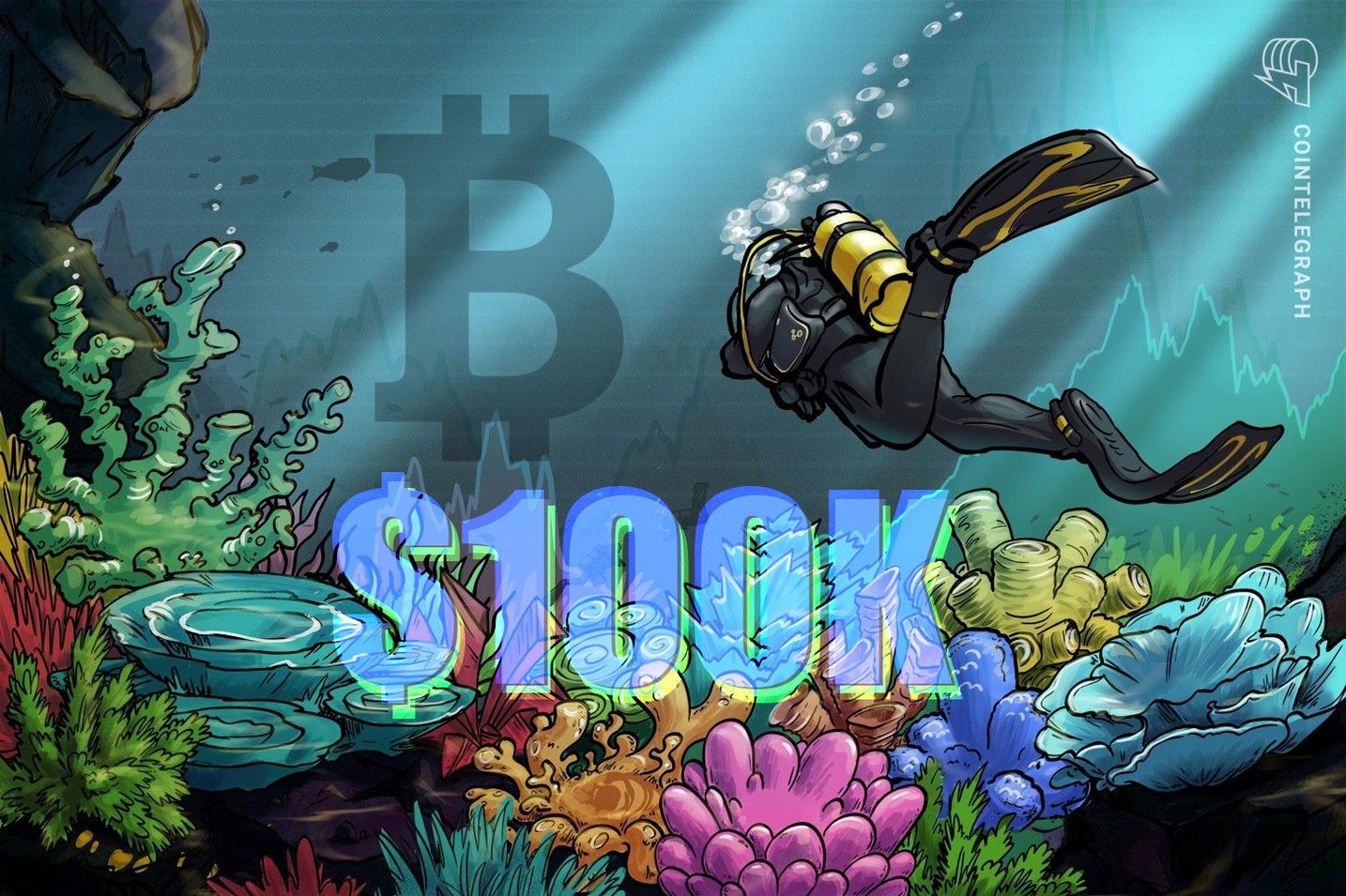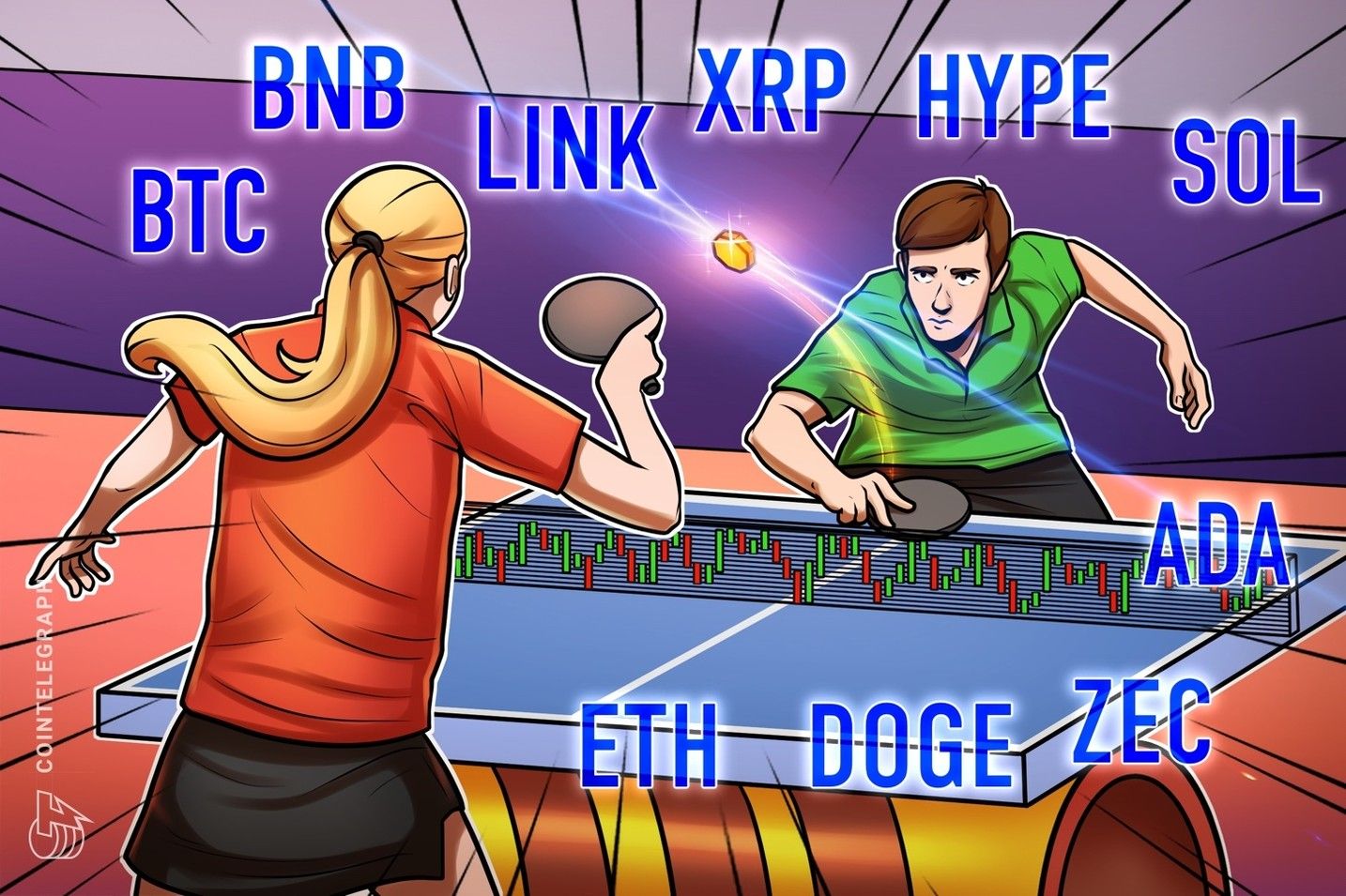Apple (AAPL.US) Expands Retail Presence in India: First Bangalore Store Set to Open
According to Jinse Finance APP, Apple (AAPL.US) is about to open its latest store in India, as part of the company's ongoing expansion of its retail business in the country. Reportedly, Apple Hebbal will open in Bangalore on September 2. This will be Apple's first store in southern India and its third offline store in the country, following Apple BKC in Mumbai and Apple Saket in Delhi. The store will offer Apple's full range of products, including the iPhone 16 series, MacBook Pro with M4 series chips, iPad Air supporting Apple Pencil Pro, Apple Watch Series 10, as well as accessories such as AirPods 4 and AirTag.
According to data from market research firm Counterpoint, there are over 700 million smartphone users in India, with Apple iPhone users accounting for 5%. Although the Indian market represents a much smaller share of Apple's revenue compared to the US and China, Apple CEO Tim Cook has stated that this most populous country in the world holds huge growth potential. For the fiscal year ending March 2024, Apple's revenue in India grew by more than 30%, reaching $8 billion, with the vast majority coming from iPhone sales.
For years, Apple has been striving to attract more Indian consumers. In India, products such as iPhone, iPad, and MacBook have become symbols of high prices, making them unaffordable for many. To address this, Apple has introduced a series of initiatives, including interest-free installment purchase plans in cooperation with banks, student discounts, and free engraving services for some products.
Meanwhile, Apple is also continuously expanding its iPhone production capacity in India. Currently, India accounts for more than one-fifth of global iPhone production capacity, and before the release of the next generation models, Apple has already completed production of all four models of the iPhone 17 series in this South Asian country.
Disclaimer: The content of this article solely reflects the author's opinion and does not represent the platform in any capacity. This article is not intended to serve as a reference for making investment decisions.
You may also like
XRP price slips despite Ripple’s bullish Swell announcements: Is $2 next?

Four reasons Ether did not fall below $3K, and probably won’t

Bitcoin crisscrosses $100K as BTC price ‘bottoming phase’ begins

Price predictions 11/7: BTC, ETH, BNB, XRP, SOL, DOGE, ADA, HYPE, LINK, ZEC

